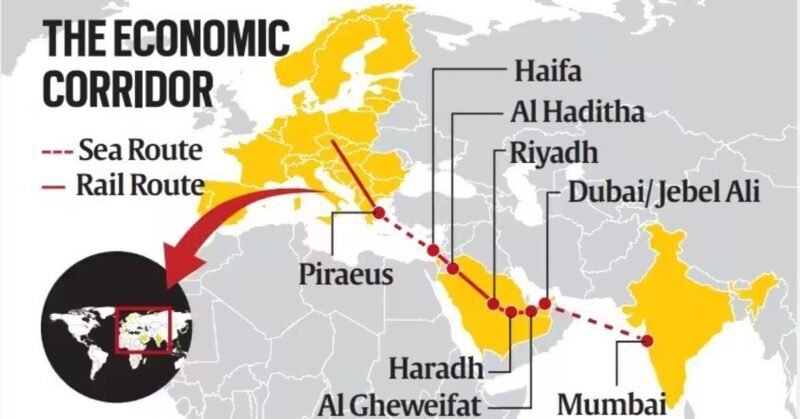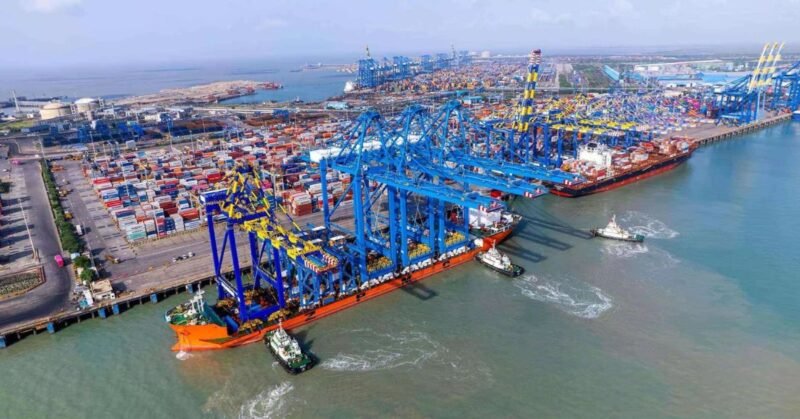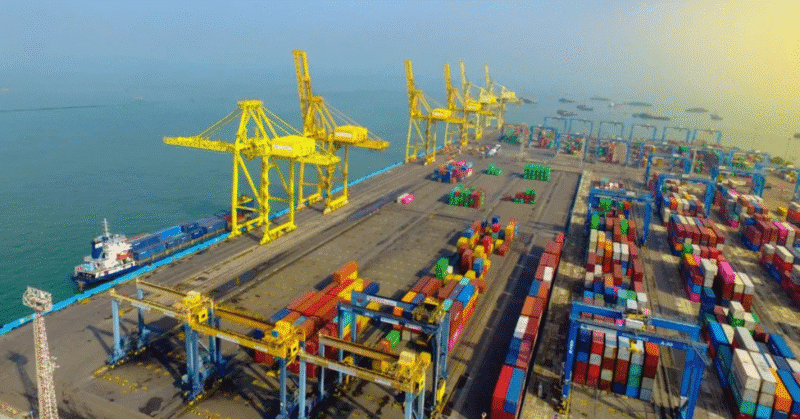The upcoming trials will assess the feasibility of the proposed India-Middle East-EU Economic Corridor (IMEC) as well as the associated rail links to the ports involved. These studies will aim to identify gaps in rail connectivity and propose solutions, while also analyzing the type of cargo to be transported, expected volumes, and other relevant factors. The trial runs will offer insights into target traffic, infrastructure needs, operational procedures, and both tangible (cost and time) and intangible benefits. Initially focusing on container cargo, future expansions to dry bulk and liquid bulk are planned as well.
The ports chosen on the west coast of India for the trials include Kandla and Mundra in Gujarat, as well as JNPA, with connections to Jebel Ali, Fujairah, or Abu Dhabi in the UAE. One port in India and one in the Middle East will be selected for the trial runs, with the selection process currently ongoing. The original IMEC plan envisions sea routes connecting all three Indian ports to ports in the UAE, followed by a rail-road link through Saudi Arabia and Jordan to Europe via various European ports.
Ultimately, the IMEC aims to establish a comprehensive economic corridor connecting India with the Middle East and Europe, with plans for seamless transportation of various cargo types across different regions. The trials will play a crucial role in assessing the viability of this ambitious project, highlighting potential areas for improvement in rail connectivity and logistical operations. Through detailed analysis of target traffic, infrastructure requirements, and regulatory processes, the trials will provide valuable insights into the potential benefits and challenges of the proposed corridor.
















